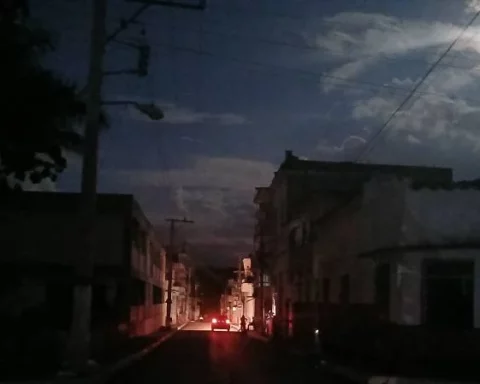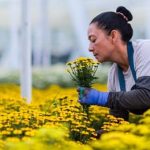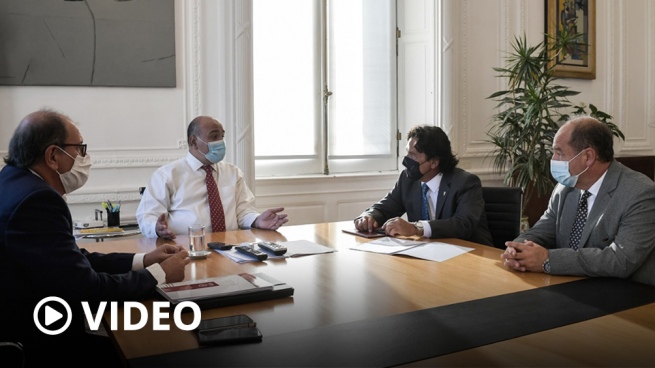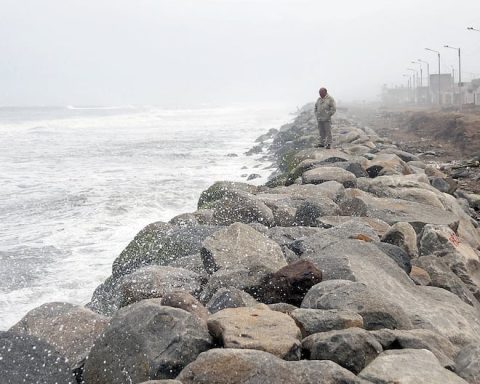Violence against women in Cuba has not been an issue left in the background.
Legal provisions, national programs, workshops, seminars, conferences, enabling telephone numbers, institutional groups in social networks, action plans, measures, counseling… there are many mechanisms and alternatives that the country has today to deal with this phenomenon, that, despite everything, is still there.
There are no recent public data, but, in 2019, the Cuban Report on Compliance with the 2032 Agenda for Sustainable Development reported a femicide rate of 0.99 per 100,000 women aged 15 or older during 2016.
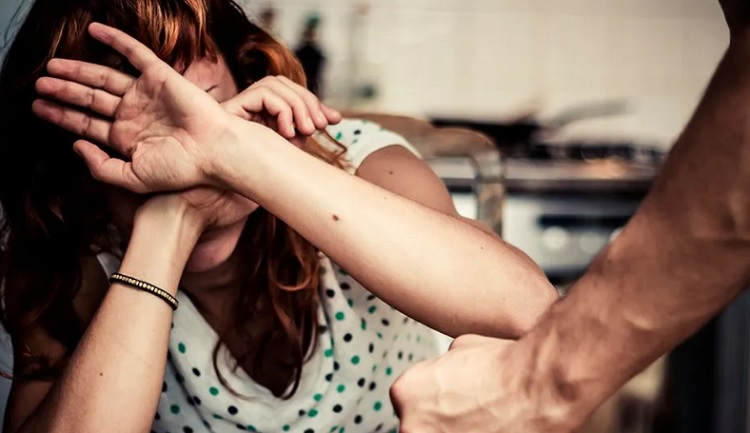
Photo: taken from eleconomista.com
For that same year, the National Survey on Gender Equality revealed that more than a third of the women interviewed, only in the context of their partner relationships, had suffered violence at some point in their lives, as reported by Cubadebate.
It happens that, on the one hand, acts of violence are not perceived as such, they are naturalized as if they were an intrinsic part of coexistence. On the other hand, when women do realize that they are being violated, most of the time they do not resort to the spaces and help available to them.
It is clear that infrastructures and designs are not enough, we must also consider what happens to the women who are victims of this scourge. From their personal characteristics and ways of life, to the information they have and the opinion they have formed of how they can be helped effectively, they mediate between them and the possibility of help.
The I Forum for the Socialization of Opportunities to Overcome Vulnerabilitiescarried out in the middle of last year by the Latin American Council of Social Sciences (CLACSO) and coordinated by the University of Havana, shed very interesting light on the subject, which is specified in this text as gender violence, but which they expanded to other manifestations.
In this dialogue space where knowledge of Sociology, Clinical Psychology, Social Psychology, Development Studies, Sociocultural Studies, Sociocultural Management, Journalism, Legal Sciences, Pedagogy, Artistic Education, History, Demography, Information Sciences, Mathematics, Sciences converged. Medical, Social Communication, Philosophy, Engineering and Computing, tried, among other purposes, to find an answer to why the mechanisms to deal with violence, discrimination and inequalities are underutilized.
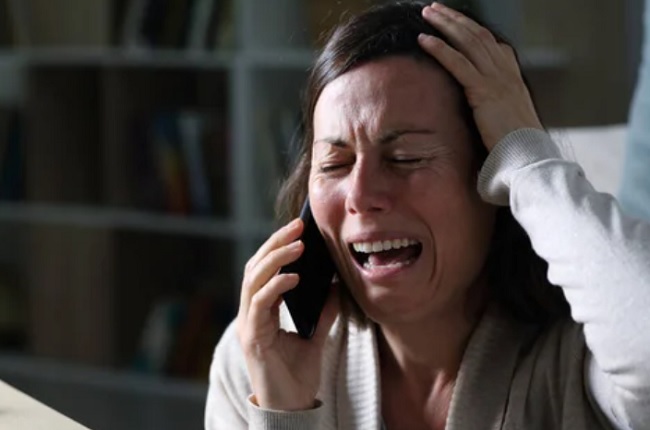
Photo: Taken from sp.depositphotos.com
These were, summarized, some of the reasons:
- For undervaluing the impacts of violence
- For keeping the victims in the so-called line of forgiveness, waiting for the situation to change for the better spontaneously
- Due to sentimental, economic and/or subsidiary dependence on the perpetrator
- For fear that violence will increase when it is reported
- Due to mistrust in the complaint mechanisms and, therefore, fear of failure
- For not knowing the places and procedures for the complaint, as well as for not knowing how to manage evidence for said complaint
- Due to the lack of places of refuge and support networks
- For understanding violence as a private matter
- For not recognizing themselves as victims, naturalizing violence
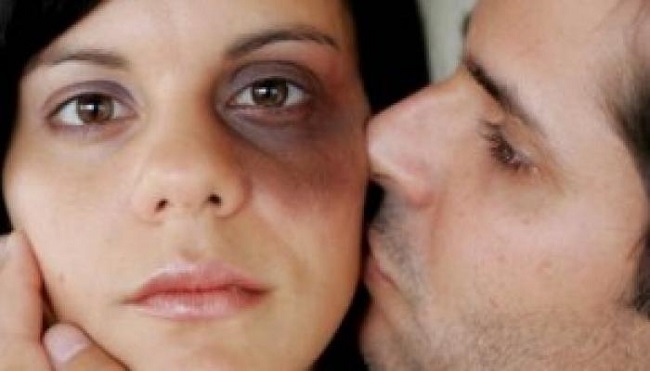
Staying on the so-called line of forgiveness, trusting that everything will improve spontaneously, is one of the reasons why they do not ask for help. Photo: taken from radiohc.cu
Today there are many alternatives available to those who are the object of violent behavior, both at home and in the workplace, student, or in others; the same with regard to physical violence, as to psychological, sexual, economic, vicarious (the one that seeks to harm women through their loved ones, especially their children) or another, and also for those who feel in situations of discrimination or inequality.
Among them are the PNR Stations; Line 103; the FMC itself; the citizen rights service offices of the Attorney General’s Office (municipal prosecutor’s offices); the Single Line of the Office of the Attorney General of the Republic to deal with violence, in collaboration with the FMC; the Orientation Houses for Women and Families; Mental Health Groups; primary health care areas; the psychological care services of the polyclinics; the Municipal Groups of Social Prevention; as well as the unions in the workplace, and also in these, the Labor Justice Bodies, when violence —in this case, gender-based— occurs at work.
Telephone numbers in the national territory for attention to situations of violence, discrimination and inequality
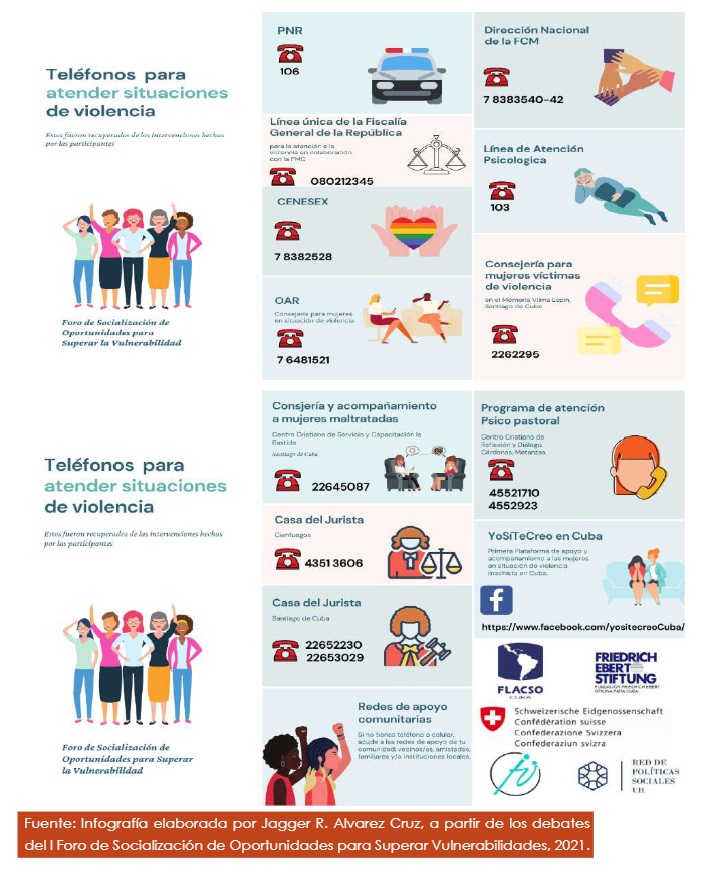
But, as stated above, only part of those in need of help turn to these alternatives. not for pleasure Cuban Deputy Prime Minister Inés María Chapman urged, just last Saturday, to make visible and give an immediate response to situations of gender violence.
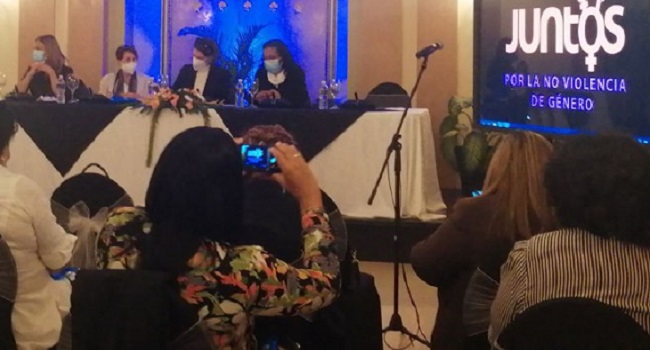
Photo: Ana Fernandez de Lara / ACN
This was stated in a workshop on this problem, where representatives of the FMC and other institutions discussed the challenges to implement the Comprehensive Strategy for the prevention and care of gender violence and in the family scenario, a document that, with scope up to 2030, constitutes an expression of the political will of the Cuban State and Government.
This workshop insisted on the committed and permanent participation of the various actors involved in dealing with and preventing this scourge of violence against women.
And yes, it will be necessary to continue analysis and, above all, actions: disclose, inform, prepare, persuade, explain, demonstrate… and how much work serves to continue blurring violence against women in a country like ours, which increasingly favors more respect and effects, from the Constitution of the Republic itself to the Family Code, now in popular consultation.


